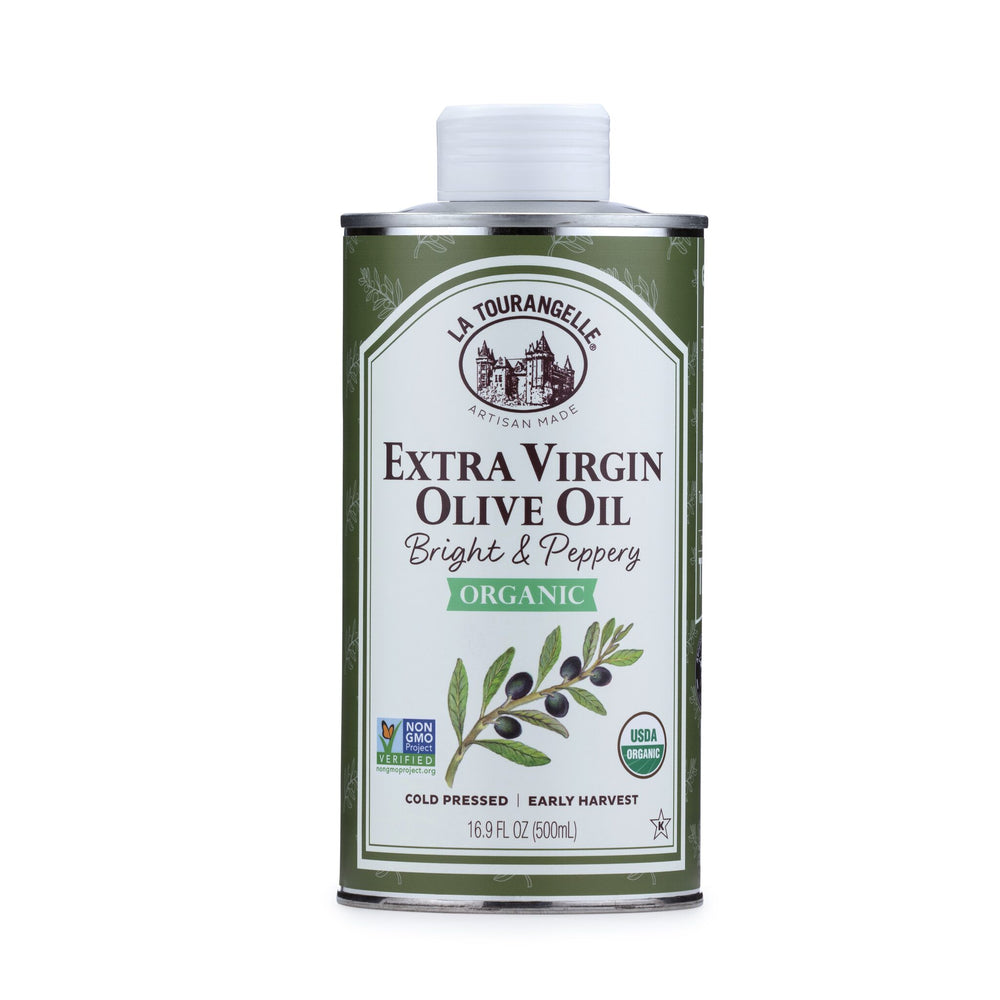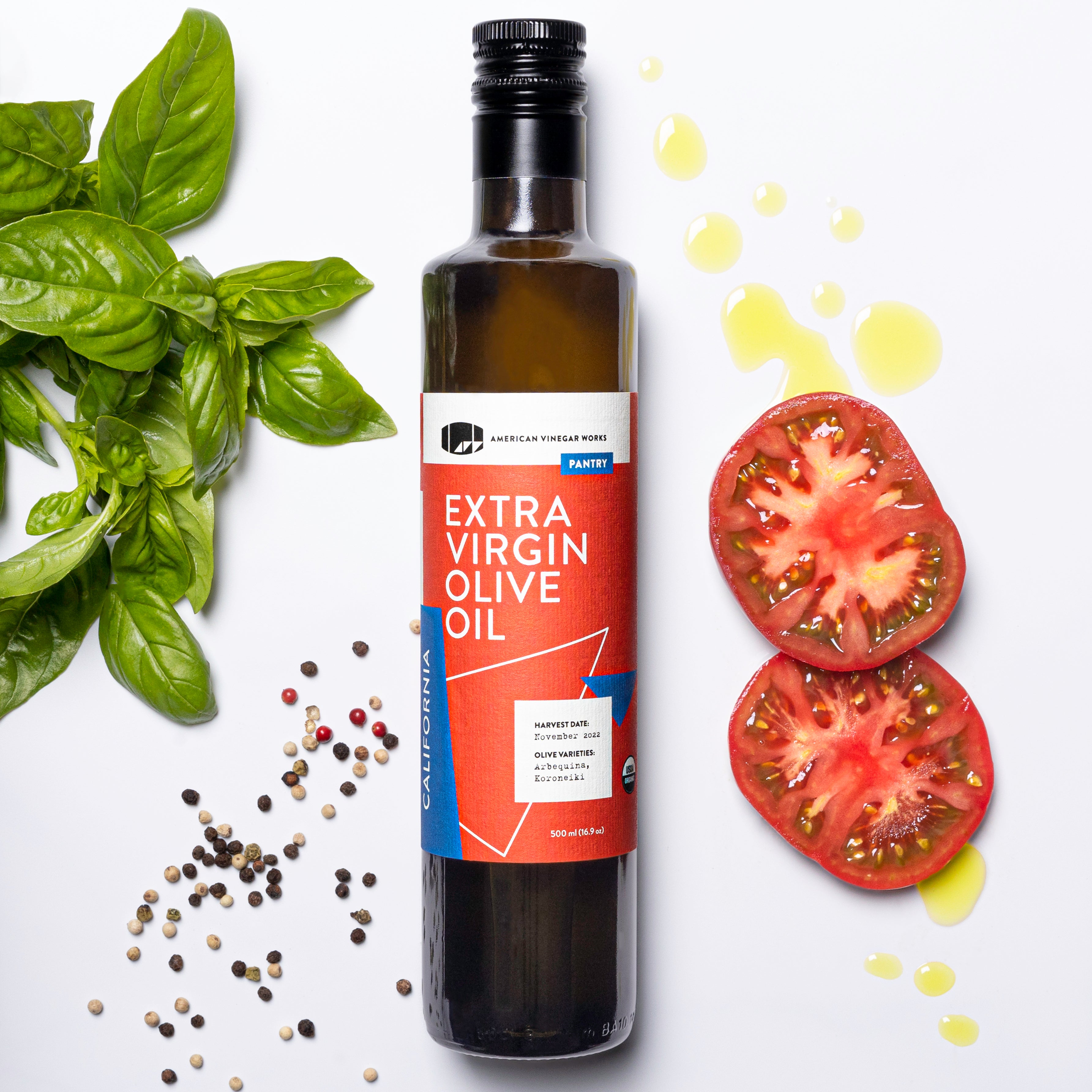Extra Virgin Olive Oil Benefits: How It Helps to Regulate Blood Sugar
Extra Virgin Olive Oil Benefits: How It Helps to Regulate Blood Sugar
Blog Article
Discovering the Various Sorts Of Olive Oil and Their Uses, Consisting Of Additional Virgin Olive Oil
The exploration of olive oil includes a varied range of kinds, each offering cooking applications and distinct tastes. Bonus virgin olive oil, renowned for its exceptional high quality and wellness benefits, serves as a staple in numerous cooking areas, yet it is only one aspect of this diverse active ingredient.
What Is Olive Oil?
Obtained from the fruit of the olive tree, olive oil is a staple in Mediterranean food and a key component in different cooking applications. This flexible oil is created by pressing whole olives, causing a fluid that varies in shade, flavor, and aroma depending on the sort of olives utilized, the region of growing, and the removal procedure. Olive oil is mostly made up of monounsaturated fats, particularly oleic acid, which is known for its prospective health and wellness advantages, consisting of anti-inflammatory buildings and cardio assistance.
Along with its cooking usages, olive oil has a lengthy background of application in typical medication and skin care, owing to its abundant antioxidant material (extra virgin olive oil benefits). The oil is commonly utilized in dressings, marinates, and for cooking techniques such as sautéing and roasting. Its unique flavor profile can enhance the preference of numerous recipes, making it a crucial active ingredient for both home chefs and expert chefs
Additionally, olive oil is celebrated for its role in the Mediterranean diet regimen, which is linked with many health and wellness benefits. As awareness of these benefits expands, olive oil remains to acquire popularity worldwide as a basic component of a healthy and balanced way of living.
Kinds of Olive Oil
Comprehending the various kinds of olive oil is vital for both health-conscious customers and culinary fanatics. Olive oil is categorized primarily based upon its extraction technique and quality, which dramatically affects its health and wellness, aroma, and flavor benefits.

Light olive oil, in spite of its name, refers to a lighter taste and not reduced calories. It is optimal for those seeking a more refined taste in marinades and dressings. In addition, there are flavorful olive oils infused with natural herbs, seasonings, or citrus, which can improve meals without the need for added flavoring.
Each type of olive oil serves details culinary purposes, and recognizing these differences allows customers to make informed selections that line up with their cooking designs and health objectives.
Additional Virgin Olive Oil
Extra virgin olive oil (EVOO) is commonly considered the highest possible high quality olive oil available, popular for its rich taste and various wellness benefits. To be identified as additional virgin, the oil has to be created from fresh olives making use of mechanical processes, without using solvents or extreme warmth. This precise approach preserves the oil's all-natural tastes, antioxidants, and healthy and balanced fats, resulting in an item with a reduced acidity degree of much less than 0.8%.
EVOO is plentiful in monounsaturated fats, specifically oleic acid, which is linked to minimized swelling and improved heart health and wellness. It additionally includes polyphenols, effective anti-oxidants that may use safety effects against persistent conditions. The flavor profile of EVOO can differ significantly depending upon the olive selection and area of production, ranging from verdant and fruity to durable and peppery.

Culinary Utilizes of Olive Oil

In cooking, olive oil can be utilized for sautéing, roasting, and grilling, providing a healthier alternative to butter or various other fats. Its high smoke factor makes it ideal for numerous cooking techniques, while its antioxidants add to a heart-healthy diet. Drizzling olive oil over finished recipes, such as pasta, fish, or smoked veggies, can raise flavors and add a touch of style.
In addition, olive oil plays a substantial function in baking, where it can replace typical fats in dishes for bread and pastries, passing on moisture and a refined taste. It also acts as a base for instilled oils, enabling chefs to trying out tastes such as garlic, herbs, or chili, further increasing its culinary potential. On the whole, olive oil's adaptability makes it important in both home and professional cooking areas.
Deciding On Top Quality Olive Oil
When choosing quality olive oil, it's vital to take into consideration several vital aspects that influence the item's aroma, health and wellness, and flavor benefits. Choose for extra virgin olive oil (EVOO), which is obtained from the initial cold pressing of olives and has the highest degrees of anti-oxidants and advantageous substances. Look for oils that are accredited by identified organizations, as this typically ensures adherence to strict high quality criteria.
The packaging likewise plays a substantial duty in preserving the oil's stability. Select oils saved in you can find out more dark glass containers or tins to shield against light deterioration. Focus on the harvest day; fresher oils offer remarkable taste and dietary worth, so pick products that are within 18 months of their harvest.
Be aware of the preference; an excellent top quality olive oil must have a balance of fruity, bitter, and peppery notes, indicating its splendor and intricacy. By examining these elements, you can ensure you are choosing the ideal olive oil for your cooking requirements.
Conclusion
In recap, the expedition of different types of olive oil discloses distinctive attributes and applications, with extra virgin olive oil representing the peak of high quality due to its reduced level of acidity and high antioxidant content. Its versatility in cooking uses enhances tastes in dressings, marinades, and showers. Recognizing the different selections of olive oil permits informed selections in cooking methods, advertising healthier techniques while enhancing the total gastronomic experience. Quality choice remains critical for ideal advantages.
Obtained from the fruit of the olive tree, olive oil is a staple in Mediterranean food and an essential active ingredient in various culinary applications.The most usual types of olive oil include improved olive oil, pure olive oil, and light olive oil.Extra virgin olive oil (EVOO) is commonly pertained to as the highest high quality olive oil offered, popular for its rich flavor and many health benefits. Choose for additional virgin olive oil (EVOO), which is obtained from the very first cool pushing of olives and includes the greatest degrees of anti-oxidants click to read and advantageous compounds.In recap, the expedition of different kinds of olive oil discloses distinct attributes and applications, with added virgin olive oil standing for the peak of quality due to its low acidity and high antioxidant material.
Report this page